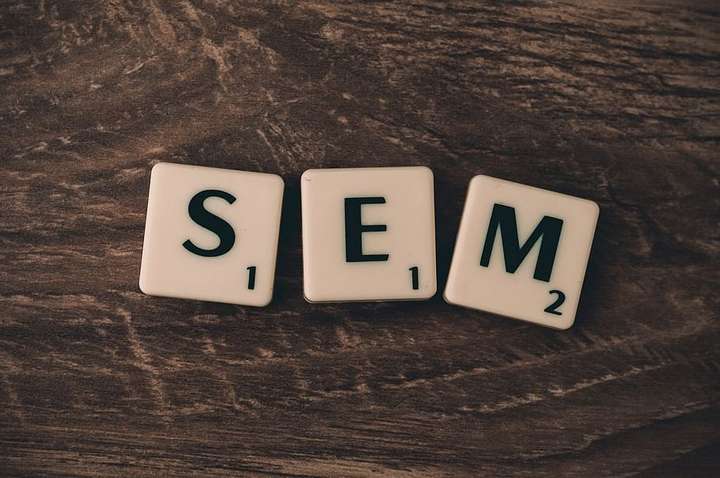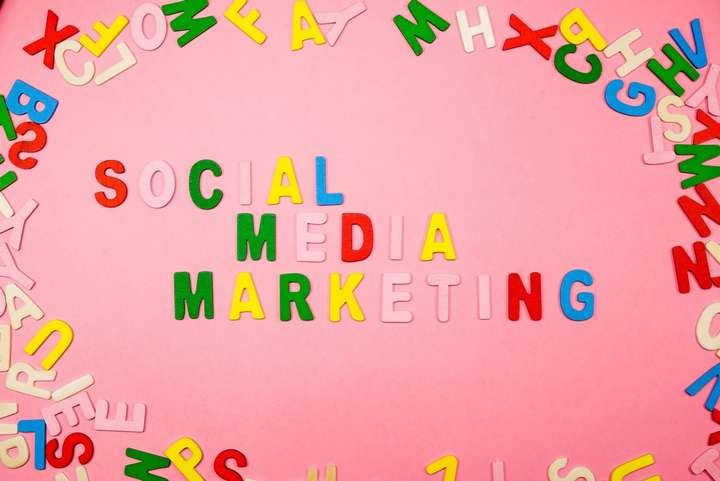You must have come across so many internet marketing terms and acronyms such as SEM, SERPs, CRO, SEO, and so on. These marketing strategies are so much and very broad that not getting confused is somewhat difficult. You may even begin to feel like they may be variants of one thing since they all sound similar. However, this is not true as while these strategies may be similar somehow, they are also quite different.

Today, we will be discussing one common one out of all these internet marketing strategies, Search Engine Marketing. We believe that by understanding some basics of SEM, you would attain clarity about it and come to understand some of the other internet marketing strategies. Let us start from the top by explaining what exactly Search Engine Marketing is.
Definition of Search Engine Marketing
Search Engine Marketing is a term that covers a wide range of processes that work to increase a website’s visibility when searches are done on a search engine. This process is achieved via paid search advertising; you can read this to find out the benefits of this process. Google Ads happens to be the most common paid search engine; however, you may try out Yahoo and Bing as these could also give you value for your money and time.

What Does SEM Entail?
As we already said, SEM is an umbrella term that covers many processes; therefore, there are a lot of aspects under it. However, it majorly includes paid systems. SEM works through search tools like Bing, Google, and Yahoo and the power of their paid ads.
The essence of SEM is to get to prospective customers at a perfect place and time. This process can also be used for any marketing done on the web. Because paid search is used for this marketing strategy, most refer to it as pay-per-click marketing.
Now, you may be wondering whether pay-per-click (PPC) advertising is the same as Search Engine Marketing and the simple answer to that is yes; they are the same. It would also interest you to know that this strategy goes by other names and people tend to use these names interchangeably. Therefore, you may already know a lot about SEM without even knowing it.
Another thing you need to know about this process is the terms that would likely come up whenever discussed. Therefore, below are some common SEM terms:
- Cost-per-click (CPC): This means the amount you pay for each click on your ad.
- Impressions: This refers to the number of times an ad was shown on screen. This, however, does not mean the user saw the ad.
- Click-through-rate (CTR): This refers to the clicks you get on your site from the people who saw your paid ad.

SEM Vs. SEO – Differences
The major difference between these internet advertising strategies is that the SEM mode of operation is mostly via paid search ads. SEO has an organic method of creating more visibility for your content by ensuring they are properly optimized to come up when certain searches are done.
However, these two strategies usually work hand in hand, as using SEO can ensure that your website appears on top in search engines results. For instance, if someone searches “how to buy a house” on Google, an algorithm will be used to ascertain the web page that best answers the question. Then the pages that the algorithm considers to have properly answered the question are ranked in the result.
Therefore, if your website is optimized to answer the query properly, it would rank among the top answers; this ultimately gives your website more visibility. You can visit the Columbus SEO service to find out more on how to optimize your website. SEM’s major advantage over SEO is that with SEO, you would have to spend some time building the website to make it a reliable source of information before the search engine can rank it high.
Does my Business Still Need SEO Even though we Use SEM?
At this point, you may be wondering if your business still needs SEO even when you already use SEM, and the reply to that thought is yes. For beginners, a major thing SEO does is ensuring that the website is user-friendly and fast. This is equally important for SEM since not having a user-friendly website would make you lose your CPC money.
Furthermore, Google uses a system known as Quality Score. This system does because if they notice people clicking on your ad and then leaving the site due to an unpleasant experience, you would be charged more for the click. Therefore, it is better to use SEO to optimize your website and prevent this pitfall.
SEO is also great in the long run because, once your website starts appearing more in organic searches, you can use SEM for other keywords and generate more visibility.

SEM Vs Social Media Marketing
Social media marketing is another term that is most likely to pop up during a Search Engine Marketing discussion. This does not necessarily mean that they are the same thing; on the contrary, they are quite different.
Social media marketing like Facebook ads works by displaying ads based on data that the social media platform has collected about the user. In contrast, Search engine marketing uses keywords to target users of search engines.
However, both of them can work hand in hand to help promote your brand’s awareness. You can visit https://blog.taboola.com/increase-brand-awareness-today/ to learn some tips on how to build your brand awareness. Social media ads can be used to maximize the chances of people clicking your paid ads. How? It is simple. For instance, you have a social media ad that your potential customer has seen for a couple of days. Then they go on the web, and they see your paid ad. They most likely would feel compelled to click on it since they would recognize you from the social media ad.
Conclusion
The internet is the go-to place for anything for most people, and it is due to this that a lot of businesses are capitalizing on internet advertisements. But there are so many strategies around that it may get confusing. This is why in this article, we have discussed in depth one of the most common internet marketing strategies around today (Search Engine Marketing) to help clear any confusion you have about it.

